From the milestone after the Capital Liberation Day (1954) to the gold medals at the Asian Games (ASIAD), Southeast Asian Games (SEA Games) or at the world arena, the Capital's sports have always played the role of "flag bearer", contributing significantly to making the country famous on the international sports map.

Strong transformation
After 71 years of Capital Liberation Day (October 10, 1954 - October 10, 2025), Hanoi has transformed strongly, becoming the leading economic, cultural and political center of the country, affirming its pioneering role in the process of innovation and international integration. In the field of high-performance sports, Hanoi is recognized as one of the pillars of Vietnamese Sports, leading the country in the speed of peak sports development in recent years.
Over the past 70 years, Hanoi Sports has overcome many difficulties and challenges but has always firmly affirmed its number one position, providing the main source of athletes for Vietnam Sports through major international sports events at each stage of integration and development. The success of Hanoi's high-performance sports is always associated with strategic orientations, close attention from the city's leaders and tireless efforts of generations of coaches and athletes.
The special mark was the 22nd SEA Games (2003) - when Hanoi hosted for the first time - which was not only successful in organization but also a milestone affirming the superior strength of the capital's athletes.
In the Southeast Asian arena, Hanoi athletes regularly contribute about 25-30% of the total medals of the Vietnamese Sports Delegation in many SEA Games. In addition, Hanoi sports also continuously have athletes winning direct tickets to the Olympics as part of the Vietnamese Sports Delegation, such as Ha Thi Linh (Boxing) and Do Thi Anh Nguyet (Archery) - proof of the quality of systematic and sustainable training.
Deputy Director of the Hanoi Department of Culture and Sports Pham Xuan Tai said that at the 31st SEA Games alone, the Hanoi sports delegation won 151 medals, including 62 gold medals, accounting for more than 30% of the achievements of the Vietnamese sports delegation. At the 32nd SEA Games, Hanoi continued to maintain its position by bringing home 40 gold medals, 27 silver medals, and 32 bronze medals. These stable numbers are clear evidence of the in-depth development of the capital's athlete force.
Not only stopping at the regional level, Hanoi sports also have their mark on the continental and world arenas. We can recall the notable milestones: Gold medal in Wushu by athlete Duong Thuy Vi at ASIAD 17 (2014), Gold medal in Athletics by athlete Bui Thi Thu Thao at ASIAD 18 (2018) and two Gold medals in Sepak Takraw (women's team) and Karate (women's performance category) at ASIAD 19 (2023).
In the 2021-2024 period alone, Hanoi sports have won nearly 10,000 national and international medals - a number that affirms comprehensive efforts. Sports expert Nguyen Hong Minh assessed: "Hanoi is on the right track by maintaining its strengths in SEA Games sports while focusing on investing in Olympic and ASIAD sports. This is a sustainable approach for the capital's sports to reach the continental and world level."
Towards the ASIAD and Olympic arenas
Although Hanoi has achieved many successes, it cannot be complacent when the large investment in sports from countries in the region such as Thailand, Singapore, and Malaysia is creating increasingly greater challenges. To overcome this, the City has implemented many synchronous solutions. Director of the Hanoi Sports Training and Competition Center (Hanoi Department of Culture and Sports) Dinh Van Luyen said that the goal by 2030 is to have about 1,300 athletes, of which 250 have achieved international achievements, along with over 200 talented coaches and 20 senior coaches. At the same time, Hanoi focuses on international cooperation, sending athletes for long-term training, hiring leading experts and increasing the application of science and technology in training.
“To win an Olympic medal, Hanoi needs to focus on discovering and nurturing talent from a very early age, and boldly attract talented athletes from many localities. The combination of youth training and an open policy will help the capital maintain its number one position,” Mr. Dinh Van Luyen emphasized.
Head of the Department of Sports Management (Hanoi Department of Culture and Sports) Dao Quoc Thang said that one of Hanoi's biggest advantages is its tradition, long history of achievements and large number of coaches and athletes. The City's preferential policies are increasingly clear, especially Resolution No. 13/2023/NQ-HDND, which has created great motivation for coaches and athletes to stay long-term.
The investment in building the Hanoi High-Level Athlete Training Center (now the Hanoi Sports Training and Competition Center) in a synchronous and modern direction, meeting the closed process of training, eating, living, cultural studies... of thousands of athletes is a highlight in the development roadmap of top-level sports.
In particular, in early 2024, Hanoi passed a Resolution on a number of special attraction and treatment regimes for athletes and coaches with high achievements. When implemented, the Resolution created a major breakthrough, helping many athletes earn double or even triple their previous income. This is a great advantage for Hanoi sports in attracting talent, contributing to creating a long-term foundation of human resources to aim for further goals.
Deputy Director of the Hanoi Department of Culture and Sports Pham Xuan Tai emphasized that for Hanoi's sports to continue to grow, more conditions will be needed, including more international training and competition for coaches and athletes - this is the development trend of modern sports. In addition, the system of facilities and equipment for training and competition also needs to be invested more heavily.
Hanoi's plan for developing high-performance sports until 2030 is divided into three phases: Phase 2025-2026: Focus on preparing forces for the 33rd SEA Games (Thailand) and the 20th ASIAD (Japan). Phase 2027 - 2029: Maintain the rate of over 30% of athletes in the Vietnamese delegation participating in the SEA Games. Phase 2028 - 2030: Strive to have athletes win medals at the Olympics and continue to affirm the pivotal role at the ASIAD. The Hanoi Department of Culture and Sports also proposed that the City build a modern sports science center, develop a youth training system from the grassroots to the city level, and establish a high-performance sports development fund using socialized resources. Along with that, it is necessary to promote the image of Hanoi athletes to spread the sports spirit and encourage the younger generation to follow.
Hopefully, with the attention, the systematic, persistent, professional investment process following the consistent orientation over the past many years of the City Party Committee, People's Council and People's Committee of Hanoi on sports development; the close supervision and support from the Hanoi Department of Culture and Sports and all levels, sectors and localities; along with the efforts and determination of athletes and coaches, Hanoi sports will continue to reach far in the ASIAD and Olympic arenas.
Source: https://hanoimoi.vn/the-thao-thanh-tich-cao-ha-noi-khang-dinh-vi-the-la-co-dau-719683.html


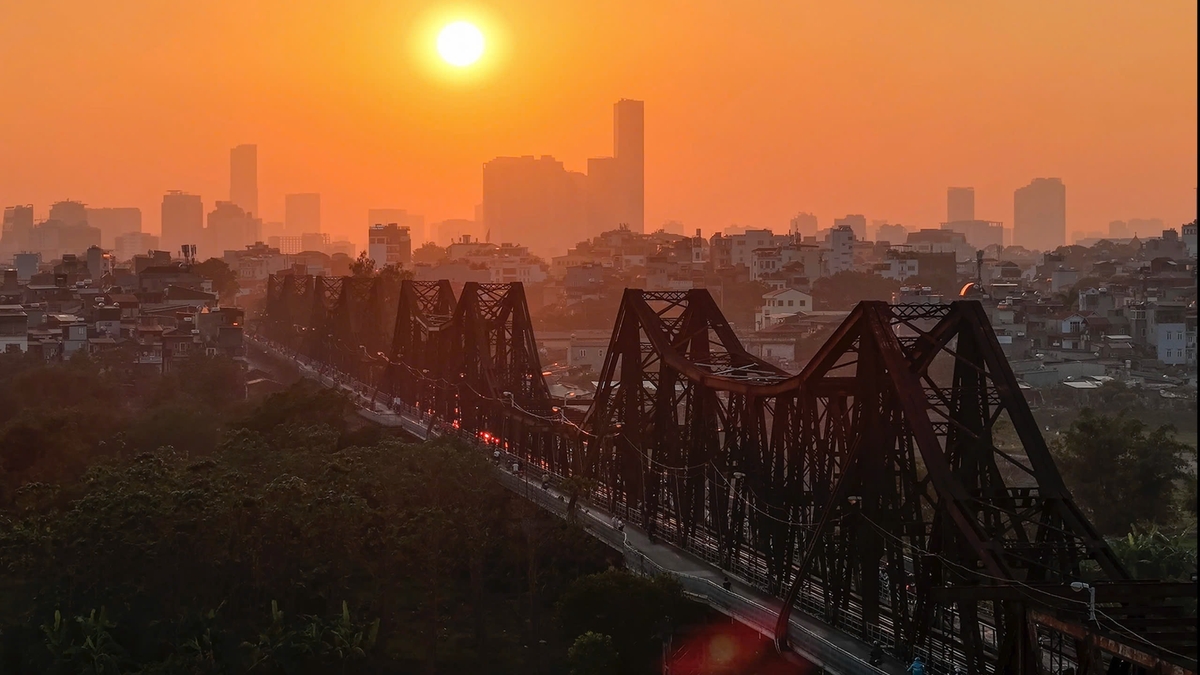

![[Photo] The 18th Hanoi Party Congress held a preparatory session.](https://vphoto.vietnam.vn/thumb/1200x675/vietnam/resource/IMAGE/2025/10/15/1760521600666_ndo_br_img-0801-jpg.webp)
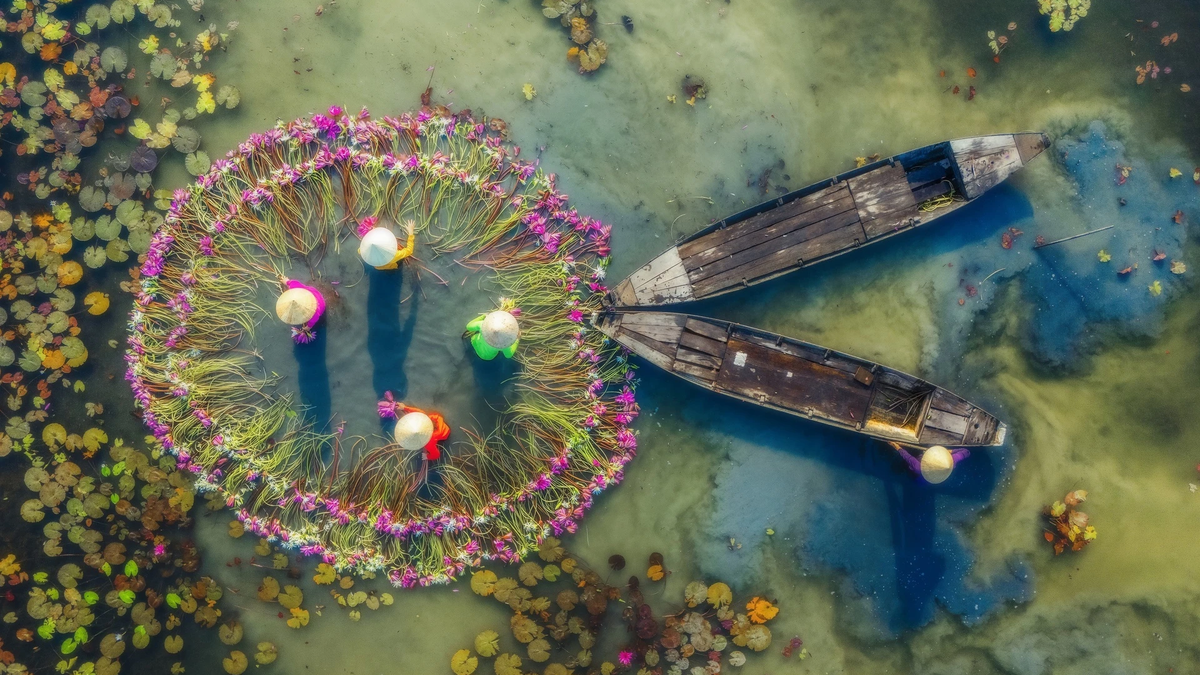






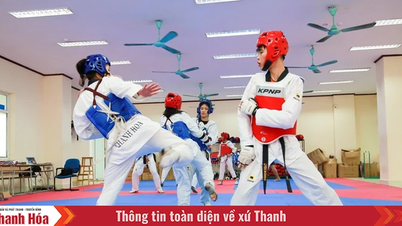

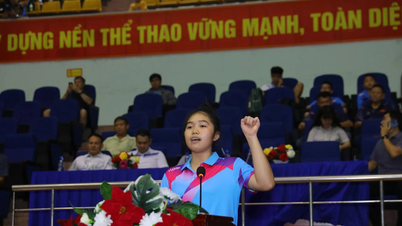

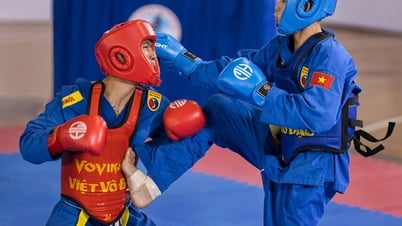
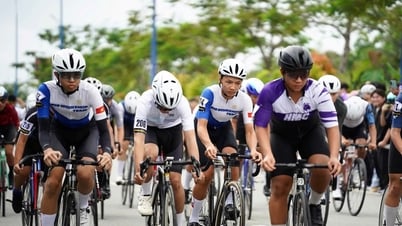
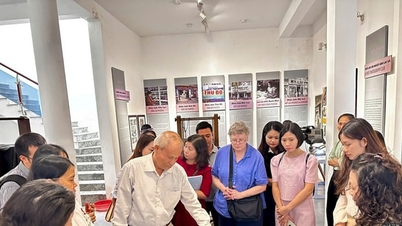
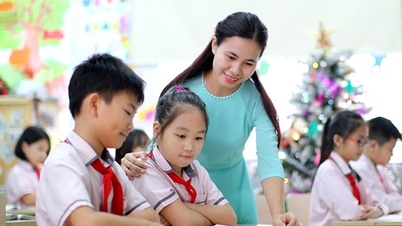

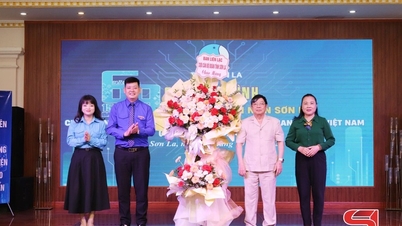



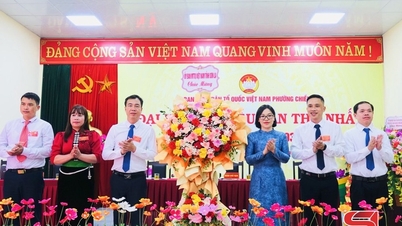
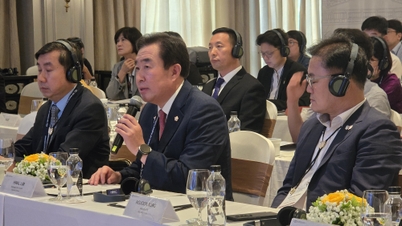





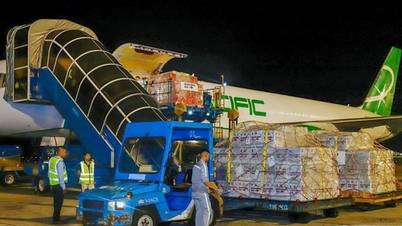
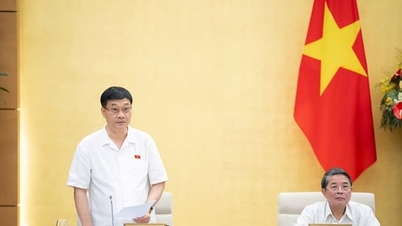
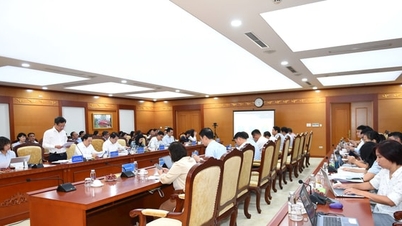
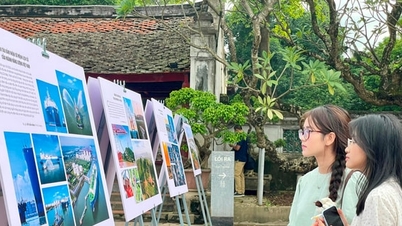
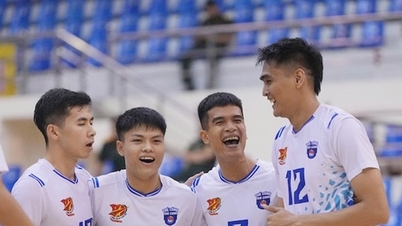
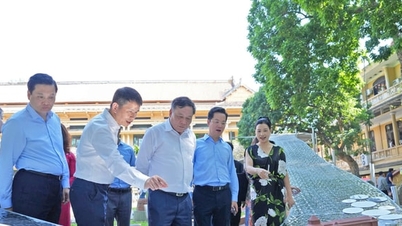
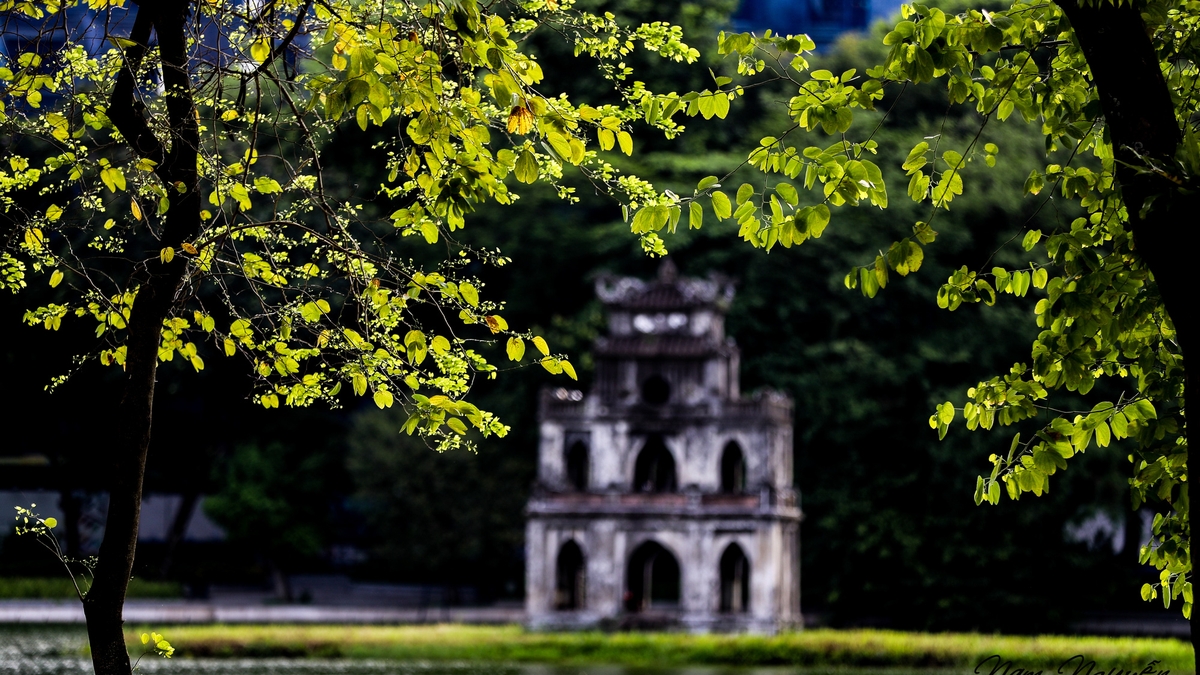

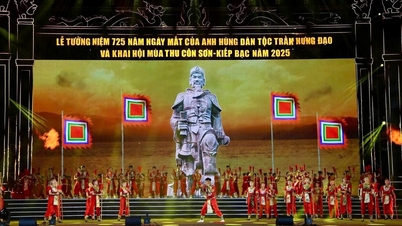
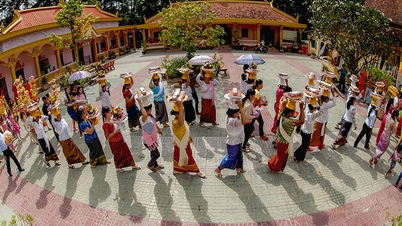

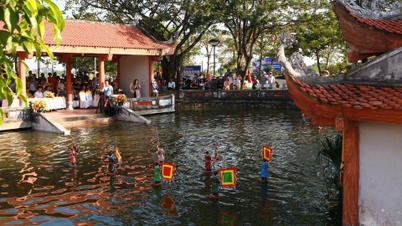

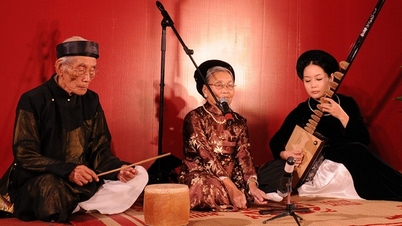



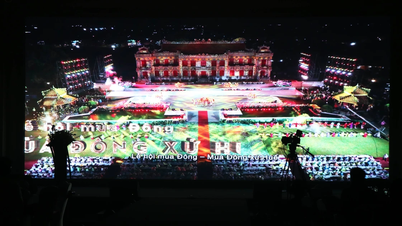
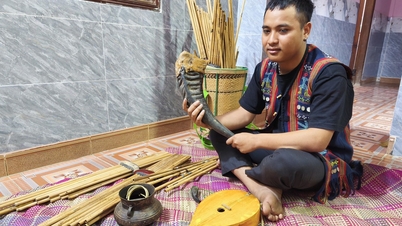

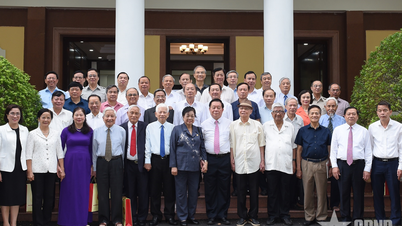

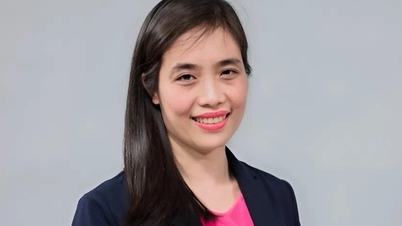

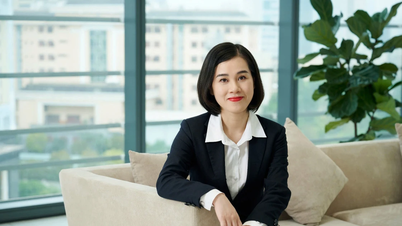
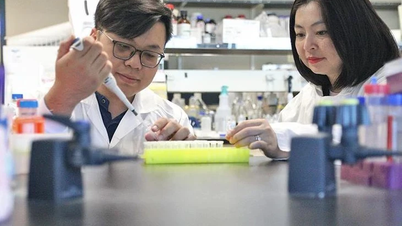

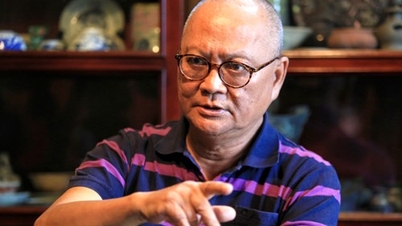
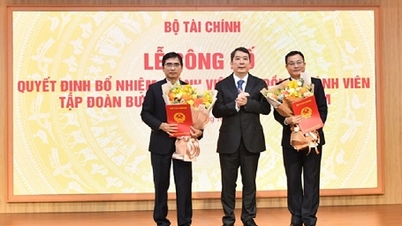

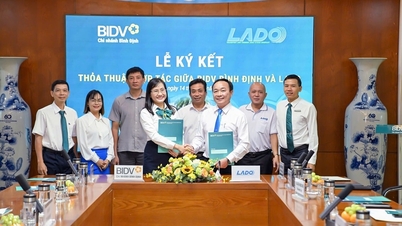

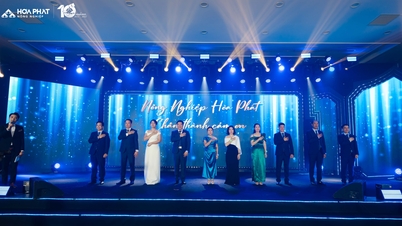









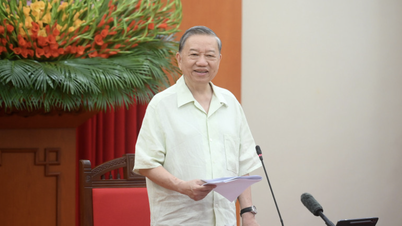
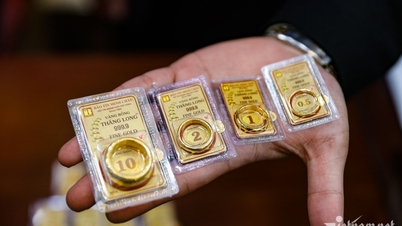

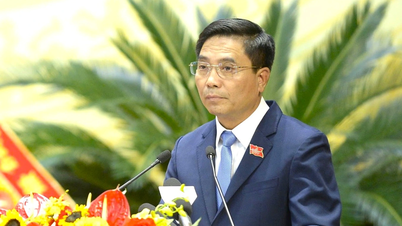
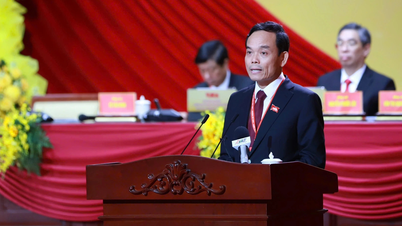
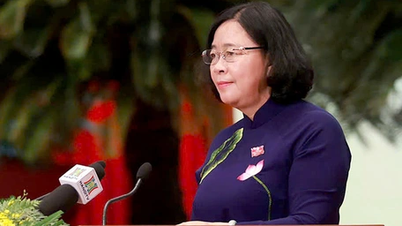

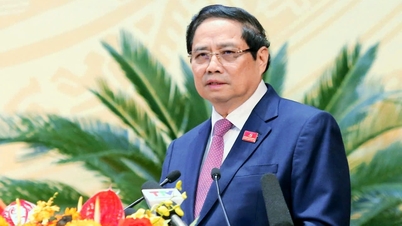
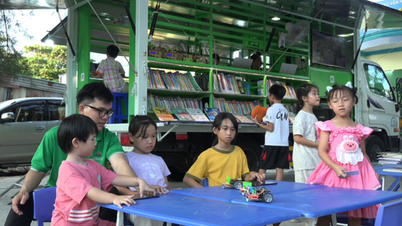

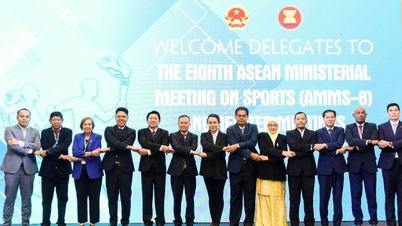
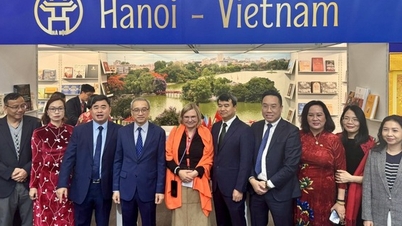
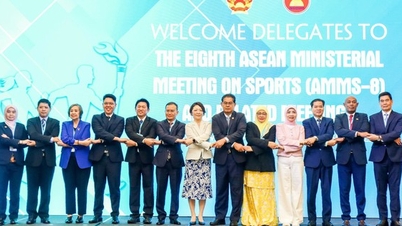
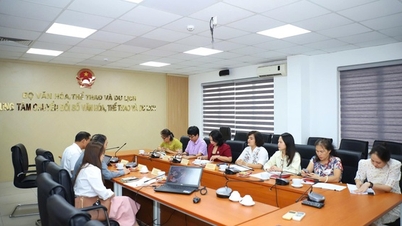
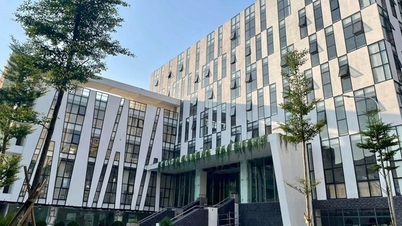
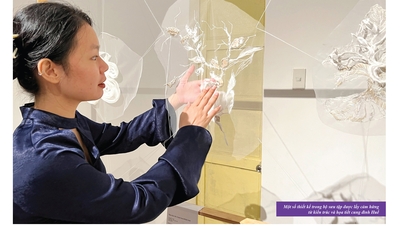
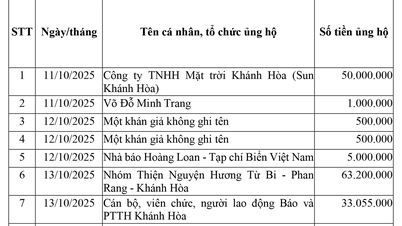

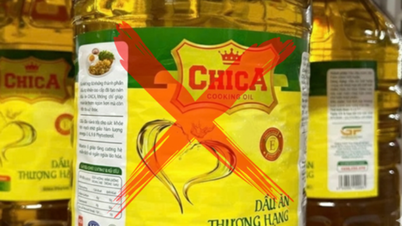



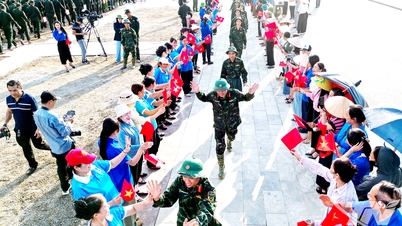

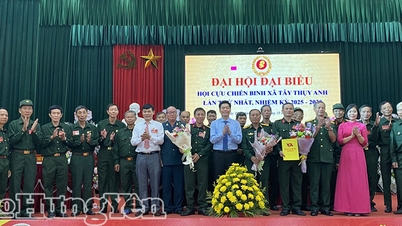





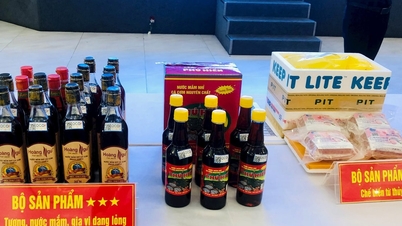





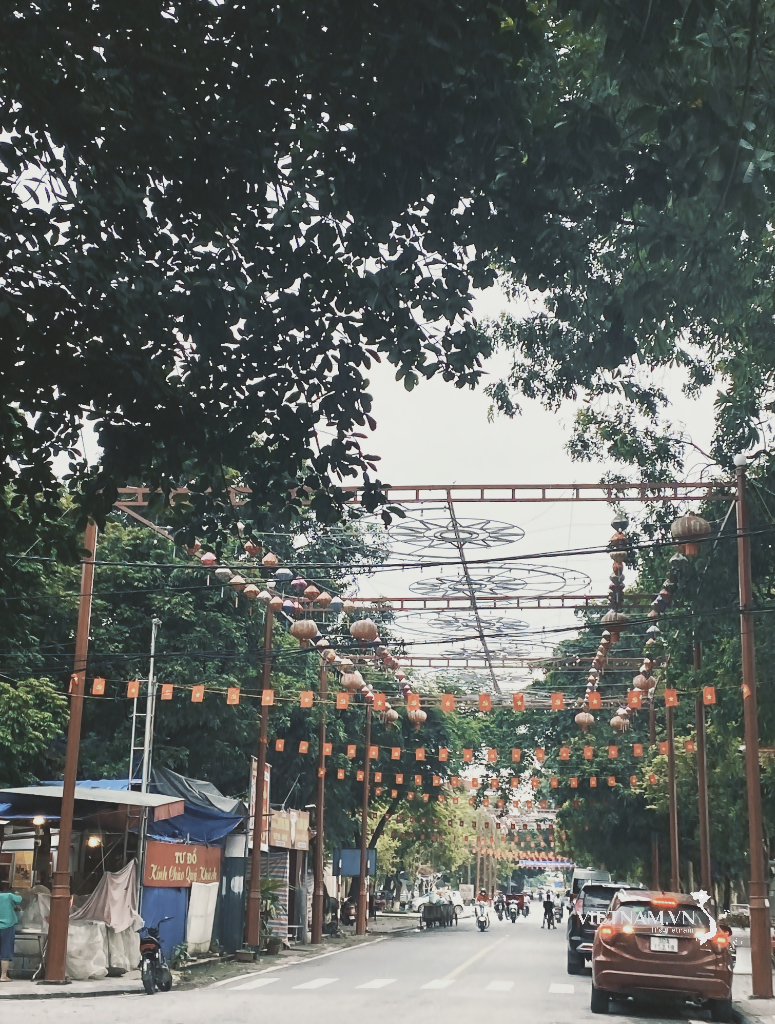

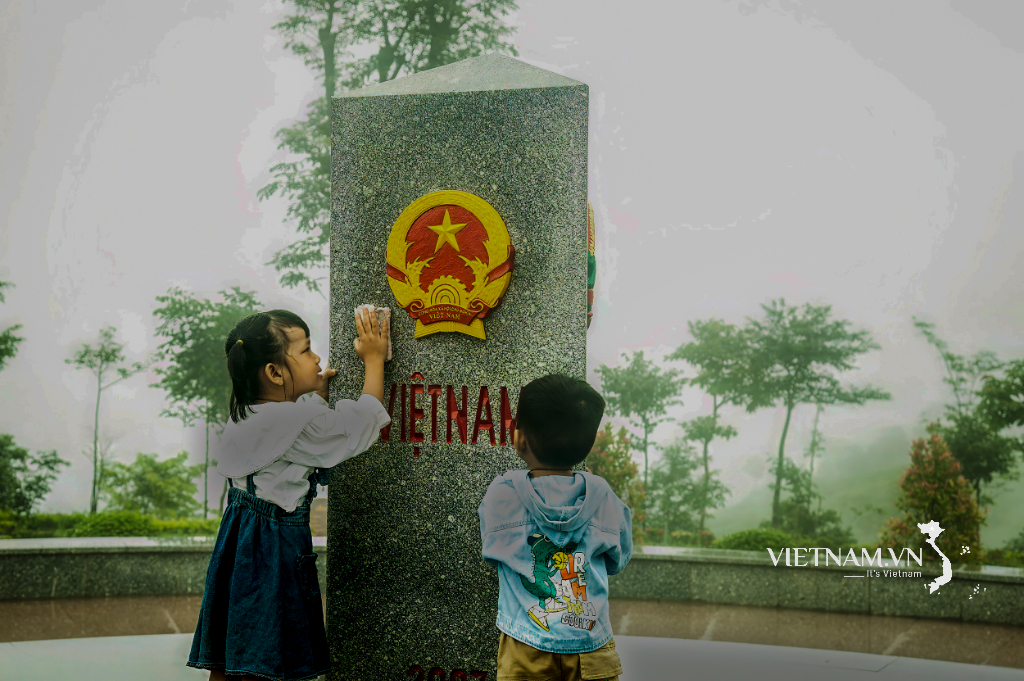

Comment (0)